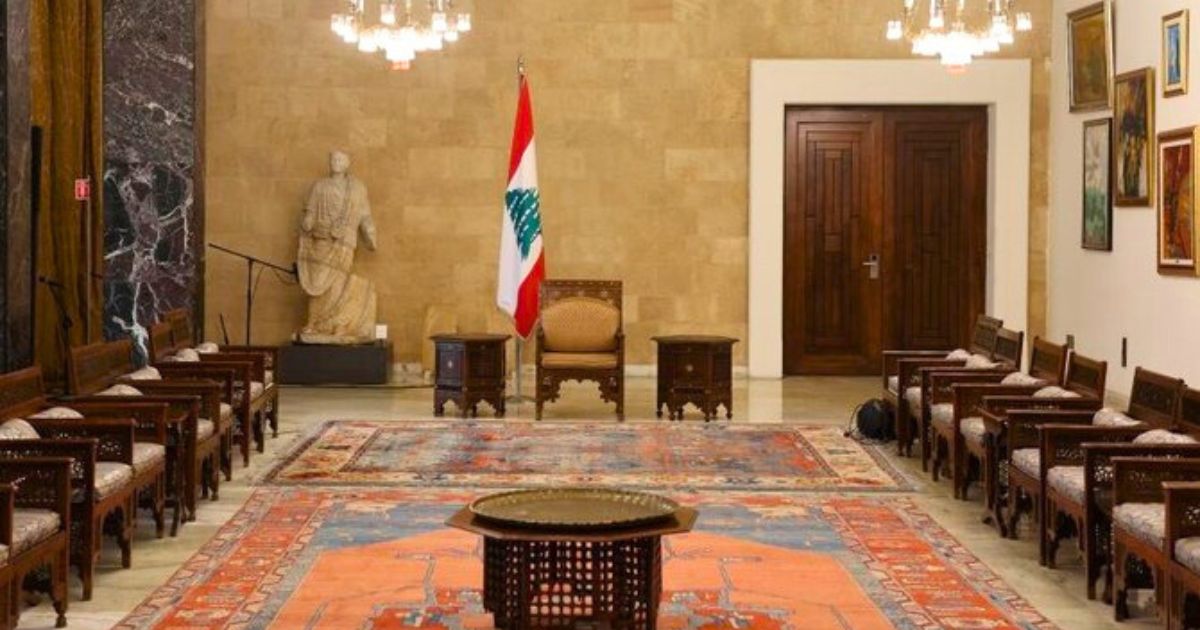The political landscape in Lebanon has been a complex tapestry of historical legacies and modern-day challenges, making it a crucible for tensions and political intrigue. Recently, the nation’s presidential election has been thrust into the spotlight, as looming fears have precipitated a significant delay. The ramifications of this postponement are profound, affecting not only the political elite but also the everyday lives of Lebanese citizens.
The specter of fear stems from a multitude of factors, including stalemate negotiations among rival political factions and an escalating economic crisis that has left many citizens disillusioned. The impending election, originally anticipated to act as a catalyst for change, now risks exacerbating pre-existing divisions. Many observers contend that the failure to secure a consensus candidate reflects deeper societal fractures and the entrenched power struggles that have characterized Lebanon’s political arena for decades.
Moreover, the protracted absence of a stable presidential framework raises significant questions about governance and public trust. As Lebanon grapples with pressing issues such as inflation, deteriorating public services, and the persisting refugee crisis, the lack of leadership during this pivotal time threatens to unravel any fragile semblance of order that exists. Elections traditionally serve as a beacon of hope; however, in this context, they seem burdened with an ominous weight of apprehension.
The delay in the presidential election fosters a climate of uncertainty, further alienating the populace and deepening skepticism about the motives of political leaders. Citizens are left to wonder whether their leaders prioritize the welfare of the nation or whether they remain ensnared in personal ambitions. This skepticism can lead to widespread apathy, ultimately disenfranchising voters and jeopardizing the electoral process itself.
Furthermore, the postponement of the election has sparked debates about the mechanisms through which power is acquired and maintained in Lebanon. Critics argue that the entrenched political elite, fearing loss of control, purposely delay the electoral process to stave off accountability. This perspective adds a layer of complexity to the discussion, as it implicates not only the immediate actors but also systemic issues that facilitate such maneuvering.
The consequences of these fears are manifold. First and foremost, they suggest a destabilization of public morale; widespread disenchantment with the political system often leads to civil unrest. Additionally, international observers may view a delay as a sign of political weakness, potentially affecting Lebanon’s geopolitical standing and foreign aid prospects.
In conclusion, the delay of the presidential election in Lebanon transcends mere logistics; it encapsulates a broader existential crisis within the nation. The need for decisive leadership and a return to a transparent electoral process is paramount. Without addressing these fears, Lebanon may find itself trapped in a labyrinth of political despair, hindering its journey toward recovery and renewal.
